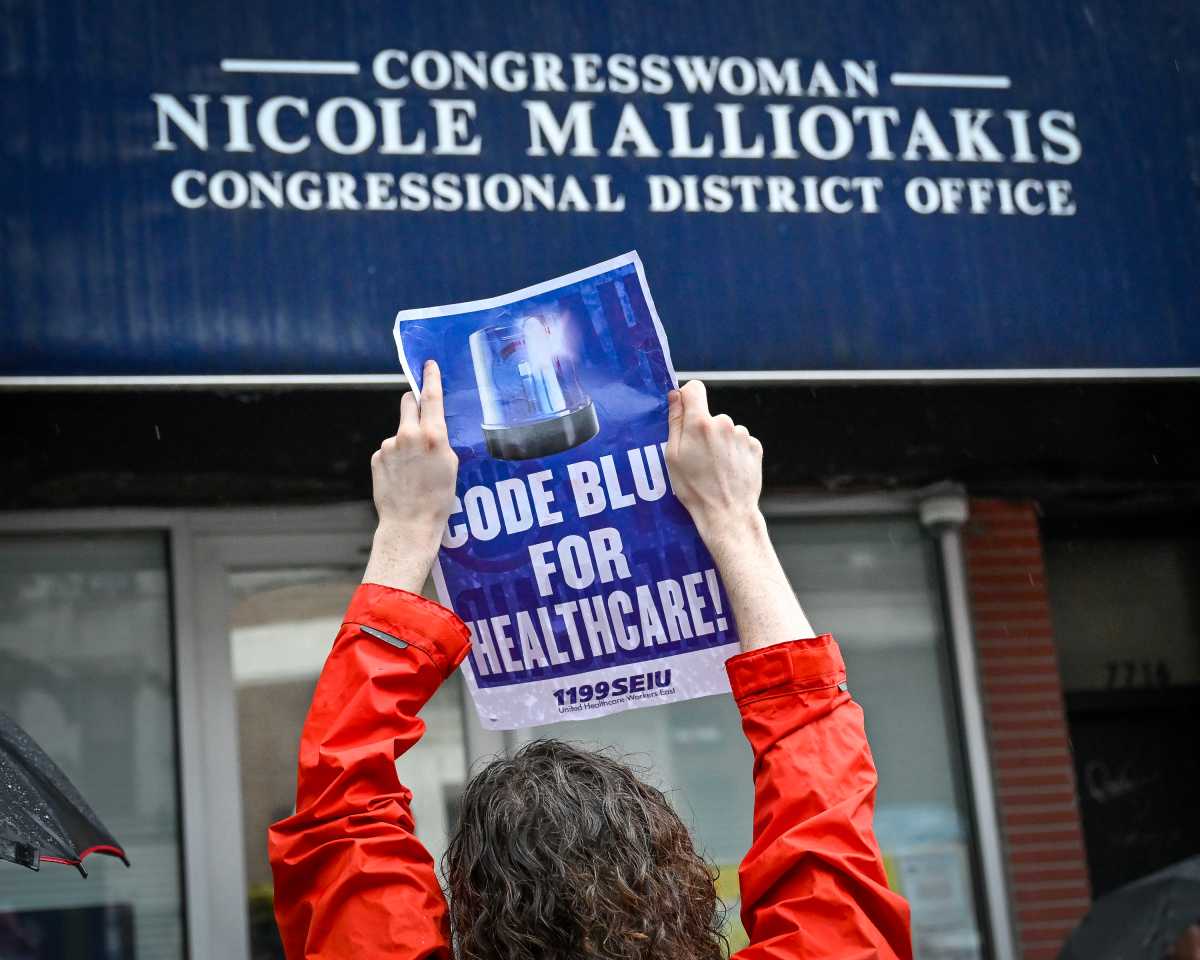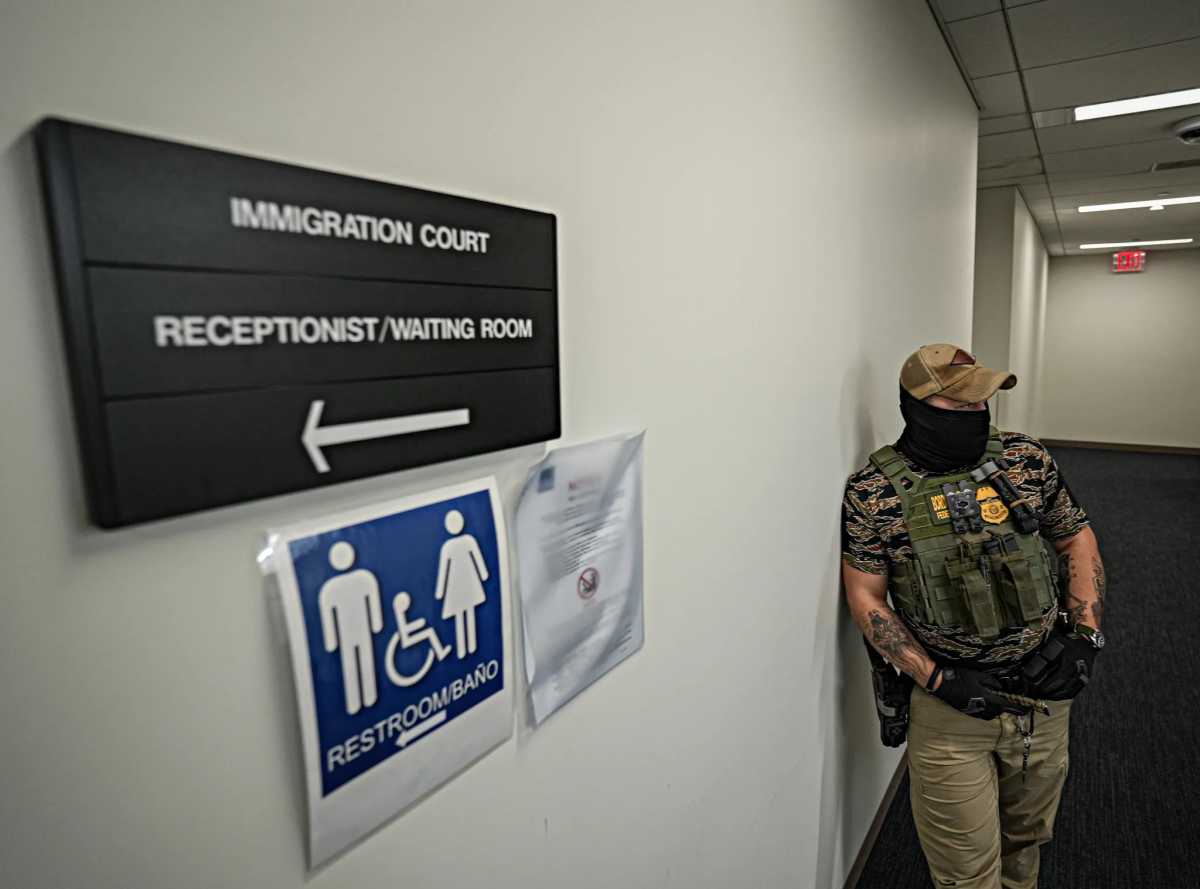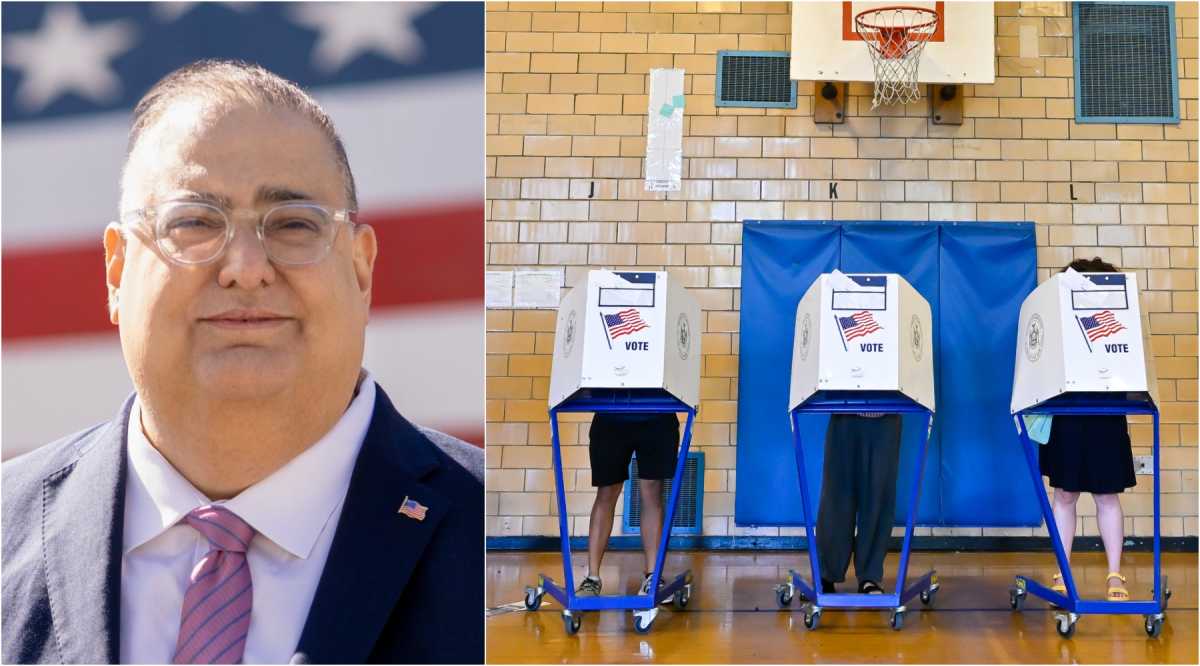For years, the reports of harassments and assault flowed in, hundreds of police officers who took an oath to uphold the law, but who harass and sexually assault the very people they swore to protect. Sexual misconduct by officers is not an outlier; it is the second most common form of police misconduct. Yet NYPD officers still fought to ensure that they can police themselves. Yesterday, they lost.
In New York City, one of the key NYPD watchdogs is the Civilian Complaint Review Board (CCRB). The agency, which dates back 25 years in its current incarnation, is tasked with investigating officers accused of misconduct, but it has a very uneven track record. Activists have been outraged by the agency’s inability to hold officers accountable in high-profile cases, such as the choke-hold killing of Eric Garner.
Rather than taking officers to court when they break the rules, the agency prosecutes them in an administrative hearing, an internal NYPD proceeding where the police commissioner has the final say. The lack of independence has only further undermined faith in the agency has it struggles to keep up with the volume of complaints against officers.

Given this history, reformers were pleasantly surprised when CCRB to take the long-overdue step last year to start pursuing reports sexual misconduct. Before making the change, CCRB’s Policy and Advocacy Unit received 117 complaints of sexual harassment and assault in just the 18 months from January 2016 to June 2017.
The reports ranged from the propositioning of a crime victim’s friend, to cat calling, to physical molestation. Rather than ignoring misconduct that falls within CCRB’s mission to investigate “excessive force” and “abuse of discretion,” the Board created a phased plan to investigate 11 categories of sexual misconduct.
Sadly, for every case we know about, there are many survivors who are suffering in silence. According to one study, as many as 80%-90% of police rapes are unreported. The finding is shocking but still unsurprising. Why would we expect that survivors of police assaults would be willing to report these heartbreaking crimes to the very agency that attacked them?
We know that the police simply are not equipped to police their own, but the NYPD officers disagreed. Rather than accepting this minimal oversight, the Patrolmen’s Benevolent Association of New York City went to court. At a time when the #MeToo and #TimesUp movements are showing how those in positions of authority can systematically silence survivors, the PBA argued that those who are assaulted should report to the police.
The court didn’t buy it. Instead, Judge Melissa Crane ruled that allegations of “police sexual misconduct are exactly the type of complaint that requires an independent investigation.” Unsurprisingly, many survivors are “intimidated to go back to the very precinct where she or he was abused.”
The conclusion is as obvious as it is urgent. While an appeal is always possible, we can always hope that the PBA will call it quits while they’re still behind.
Albert Fox Cahn (@cahnlawny) is the Executive Director of the Surveillance Technology Oversight Project, a civil rights and police accountability organization.










